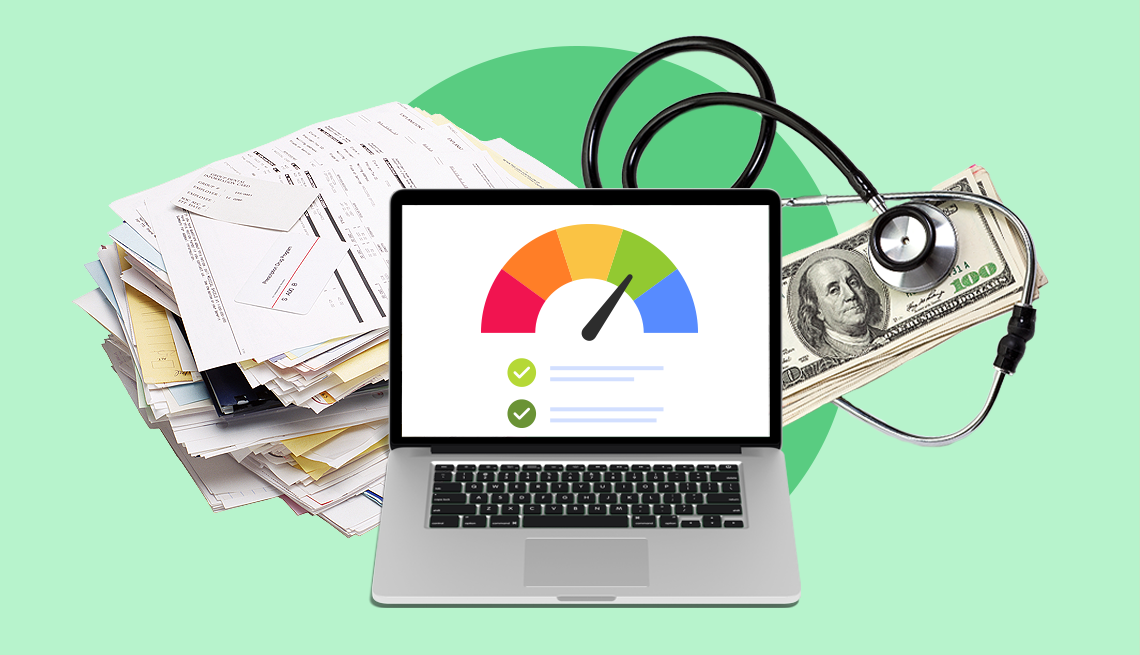AARP Hearing Center


Unpaid medical bills will continue to hurt Americans’ credit scores after a federal judge in Texas struck down a Consumer Financial Protection Bureau rule on July 11, 2025, designed to remove medical debt from credit reports.
The CFPB rule would have aided an estimated 15 million Americans currently carrying upward of $49 billion in medical debt on their credit reports. In addition, the rule would have prohibited medical devices, such as wheelchairs, from being used as collateral on loans and allowed for some medical information to be shielded from loan applications.
U.S. District Judge Sean Jordan struck down the rule in its entirety, saying the CFPB had exceeded its authority under the Fair Credit Reporting Act. The decision marks a win for the credit-reporting industry groups that had opposed the rule since the CFPB proposed it in June 2023.
Americans with medical debt on their credit reports were expected to see their credit scores increase by an average of 20 points, the CFPB said when it finalized the rule in January.
Join Our Fight for Financial Security
Here’s what you can do to help:
- Sign up to become an AARP activist on financial security and other issues important to people 50 and older.
- Find out more about how we’re fighting for you every day in Congress and across the country.
- AARP is your fierce defender on the issues that matter to people 50-plus. Become a member or renew your membership today.
How medical debt hurts older Americans’ credit scores
Unlike other types of borrowing, medical debt is often the result of an unexpected illness or accident, making it “outside the control of the consumer,” former AARP legislative counsel and legislative policy director David Certner wrote in a letter in support of the rule shortly after the CFPB proposed it.
Older adults on Medicare are not immune from unpaid medical bills, since coverage gaps can lead to surprise out-of-pocket costs. More than one-quarter of U.S. adults ages 40 to 64 are currently in medical debt, with most owing between $1,000 and $1,999 (22 percent) or $2,000 and $4,999 (23 percent), a 2024 AARP survey found.
Among adults 65 and older who report being behind on medical bills, the average balance is an estimated $13,800, according to a 2023 CFPB analysis of Census Bureau data.
Moreover, according to a survey published in JAMA Health Forum in August 2024, about 1 in 5 people said they received a medical bill over the past year that they disagreed with or couldn’t afford. Older adults are especially vulnerable to billing errors. With more chronic conditions and more frequent and complex medical care, they face a greater chance of incorrect charges.
Consumers can submit credit reporting complaints by visiting the CFPB’s website or calling 855-411-CFPB.

































































More From AARP
13 Smart Tips for Online Grocery Shoppers
More older adults are getting food delivered to their doorstep
New Law Brings Tax Changes for Older Americans
'Big Beautiful Bill' includes $6,000 bonus deduction for taxpayers age 65-plus
99 Great Ways to Save 2025 Edition
Stretch your dollars — and cut costs on groceries, travel, entertainment and more